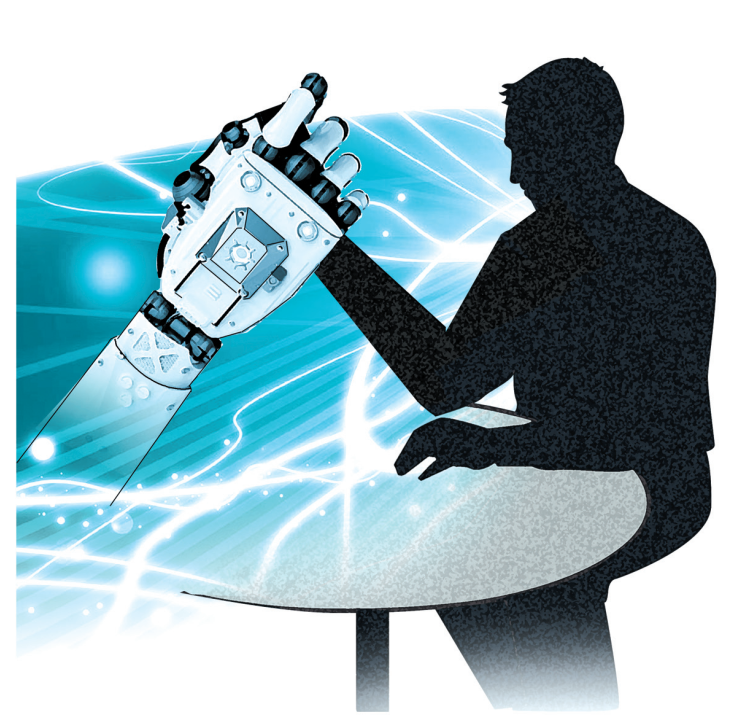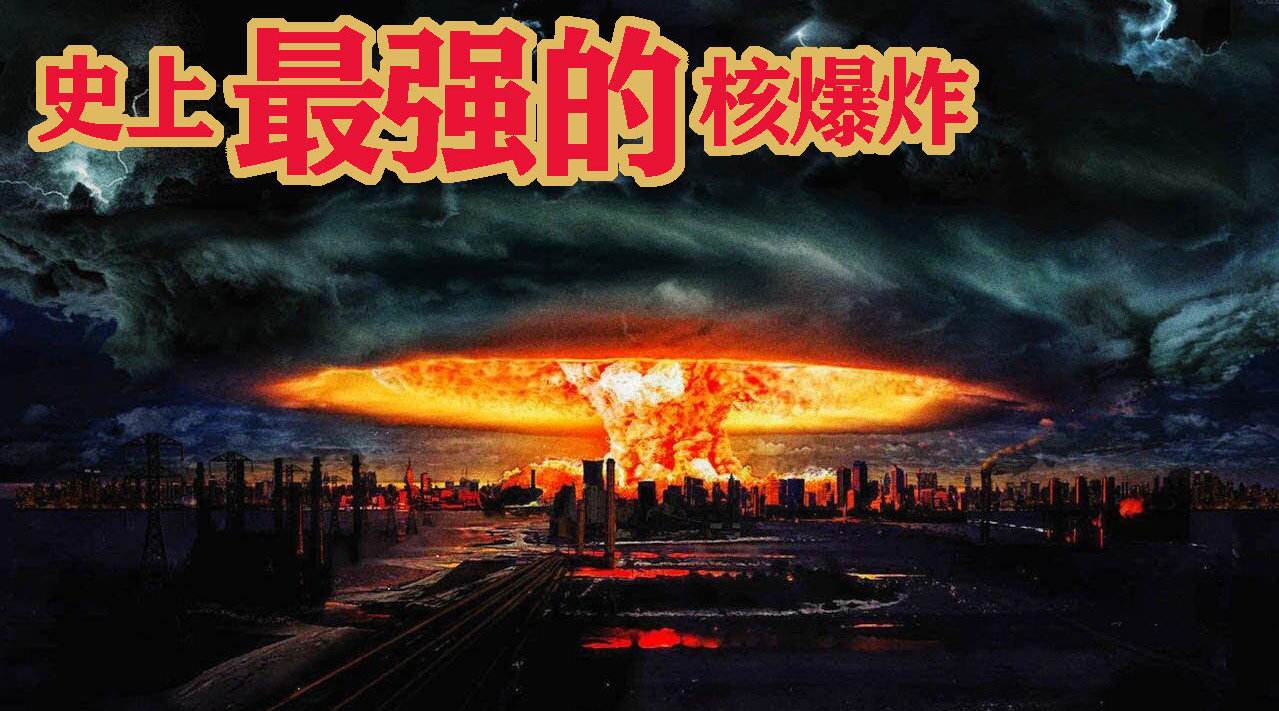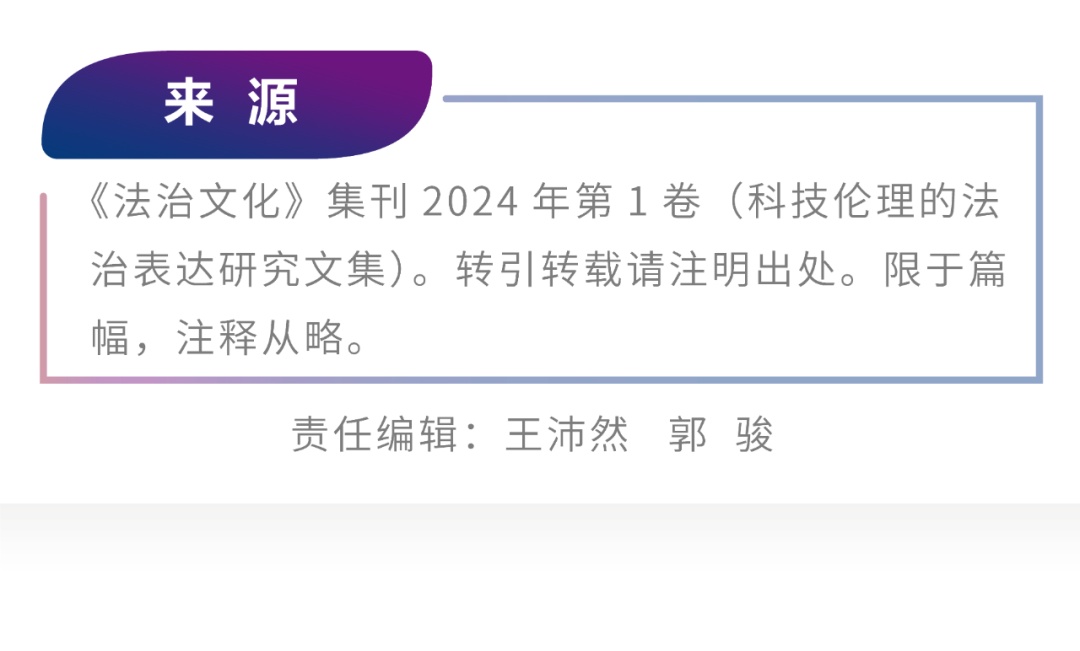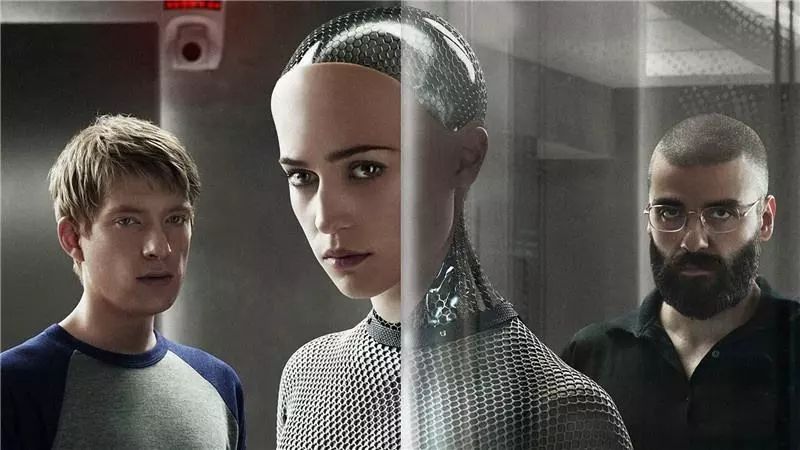Thoughts On The Ethics Of Artificial Intelligence Technology
Thoughts On The Ethics Of Artificial Intelligence Technology
With the advancement of technology, artificial intelligence technology has been applied to different scenarios and has performed well. AI painting, AI analysis, AI writing, AI imitation, AI face swap... Some artificial intelligence is quietly affecting our lives. However
With the advancement of technology, artificial intelligence technology has been applied to different scenarios and has performed well. AI painting, AI analysis, AI writing, AI imitation, AI face swap... Some artificial intelligence is quietly affecting our lives. However, every technological advancement will be accompanied by new technological ethical problems.
A few years ago, artificial intelligence defeated the world champion of Go and became a sensational hot news, but the artificial intelligence we came into contact with at that time was not as "smart" as the news reports. After actual testing, it was even labeled as "artificial intelligence retarded".
However, in recent years, with the advancement of artificial intelligence technology, artificial intelligence technology has undergone qualitative changes. The discussion on the survival dispute between silicon-based organisms and carbon-based organisms has become a topic of discussion for people after dinner. Let’s put aside these for now, let’s talk about a series of ethical issues caused by artificial intelligence technology. I believe everyone has questions, is AI painting an artistic creation or plagiarism? Are AI-written works considered works? Does the person imitated in AI imitation belong to being infringed? Is using AI analysis to deal with problems considered disrupting order? Is the instructor issued a count as labor? etc.
For example, when AI painting, the instructor issues a requirement to draw, and the artificial intelligence will generate the required pictures according to the instructions. Taking the open source Disco-AI painting tool as an example, by entering text descriptions, the required pictures can be generated in just a few minutes. The quality of the pictures and the efficiency of creation are amazing, and they are even better than the paintings created by some professionals in some aspects. The sense of art, atmosphere, and style can be completely natural and relaxed. Even some artists are lamenting the power of AI painting.
For example, AI writing, I believe many people have experienced or similar language data models. The overall level of writing is amazing. However, artificial intelligence cannot be ignored, but it cannot be abused. Just use the use of artificial intelligence language models to determine whether the work is AI creation as an example. The corpus of the training model comes from real language, and the expression of real language is not fixed, especially a complex language system like Chinese. It is similar to "one is a jujube tree, and the other is also a jujube tree" that is AI creation, which seems to be untenable. Therefore, artificial intelligence is not omnipotent. The academic hidden dangers brought by artificial intelligence are real. In September this year, there were cases of withdrawing SCI papers because of this, and countless people use artificial intelligence to create literary works. If the application of AI in special scenarios such as education is not controlled, more serious consequences may occur in the future. At the same time, there are cases of copyright disputes caused by artificial intelligence creation at home and abroad, so I will not repeat them here.
In the process of creating artificial intelligence, it must include two aspects: one is input and the other is output. The input process is a process of deep learning in artificial intelligence. The data shows that the .0 parameter volume reaches 1.8 trillion, and the number of units of training data reaches an astonishing 13 trillion. Will this massive data parameter contain copyrighted works? The answer is yes. The second is output. After deep learning, artificial intelligence outputs content according to needs. Is there any infringement of the content output of the imitated person? Taking the painting style of a certain painter as an example, by issuing instructions for a certain painter's painting style to AI tools, paintings with obvious painting style of a certain painter can be generated. Is the newly created paintings considered infringement on a certain painter? This is also the reason why some people object and protest to artificial intelligence creation.
The ethical issues caused by artificial intelligence are worthy of deep thought. The development and application of artificial intelligence must undergo scientific and technological ethics review. This is a necessary condition for the development of artificial intelligence and cannot be compromised. The author believes that artificial intelligence technological inventions must follow scientific and technological ethics, and cannot be contrary to the basic moral norms of human society, and cannot threaten human survival. In addition, the use of artificial intelligence should follow the specifications of the use scenarios, and should also prevent risks and hidden dangers caused by improper use. Finally, artificial intelligence should be effectively monitored and plans should be made. Any ethical review should be mastered. There should be no risks and hidden dangers, and we should not give up because of the choke.
Any technological advancement has brought progress and convenience to mankind, and so is artificial intelligence. The healthy development of artificial intelligence is a general trend, and laws, regulations and ethical systems are needed to meet the applicable laws, regulations and ethical systems. The application of artificial intelligence should also comply with the basic behavioral norms of the scenario. In addition, the application scenarios of artificial intelligence must be safe and reliable. The development of artificial intelligence has become the core driving force of the new round of global scientific and technological revolution and industrial transformation. The ethical review of artificial intelligence does not mean that it will no longer develop and use in the future, but will be developed and used safely and credibly. Solving the ethical problems in the development of artificial intelligence and developing and utilizing artificial intelligence is in line with the trend of technological development.
Article | Review | Editor | Leah





